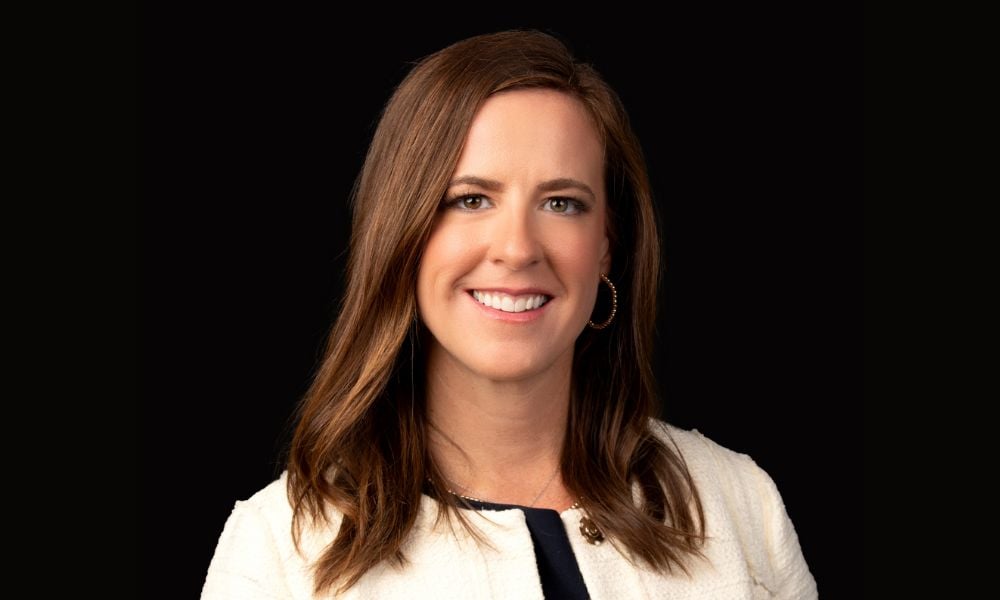

After an odd public break up with LPL Financial, the hybrid registered investment advisor Merit Financial, the Alpharetta, Ga.-based firm with close to $12.5 billion in assets, has tapped Purshe Kaplan Sterling Investments as its broker-dealer for the commission-side of its business.
Merit Financial left LPL, its broker-dealer since 2010, in August but had been working for months prior on the change.
The firm had a total of $7.5 billion in RIA and brokerage assets at LPL.
Looking at trading costs, interest rates on money market funds and technology went into the consideration for Merit Financial to part ways with LPL as a broker-dealer and custodian, said Rick Kent, the firm’s CEO and founder.
“Having multiple custodians has been good for us because we do a lot of acquisitions and we want to have options,” Kent said in an interview this month in New York. “All custodians want the assets on their platform.”
Purshe Kaplan Sterling is a specialty broker-dealer that typically works with individual financial advisors and broker-dealers that focus increasingly on the fee or RIA portion of the business rather than commissions.
LPL Financial is also no longer a custodian for Merit Financial’s RIA or fee assets. Merit continues to work with Fidelity Institutional Wealth Services and Charles Schwab & Co. Inc. to custody client’s RIA assets.
Near the end of July, LPL’s CEO Dan Arnold made public comments that raised eyebrows around the industry about two large branches with $20 billion in client assets splitting from LPL.
One of those turned out to be Merit Financial, although Arnold did not name the firms in his comments but instead said there were differences in philosophy between LPL and the two firms in working with independent financial advisors.
“We see in some cases where an OSJ may buy up their advisors’ practices, turn them into more of an employee-based construct, and ultimately, because of that alignment, that approach, it’s more of a captive type of model at that point, which again, is very different from the principles of independence and providing the flexibility for those advisors to move those assets where they want to or go where they want to,” Arnold said in a conference call with analysts to discuss second quarter earnings.
“As soon as they begin to lose the principles of independence within the model, we have a hard time with that sitting within our platform and within our ecosystem,” he added.
It’s unusual for senior executives like Arnold to make public statements critical of advisors or firms like Merit.
In its earnings release, LPL characterized the split as "a planned separation from two misaligned large” branches, called offices of supervisory jurisdiction or OSJs in industry parlance, from its platform.
“We’re not even sure [Arnold’s comments] were in reference to us,” said Kay Lynn Mayhue, Merit Financial’s president.
“It was very odd in the way it was said,” Mayhue said. “We really value and appreciate the relationship we had with LPL.”
“When you have a custodial and clearing partner that you’re not aligned with, and you have a fast growing business and give priority to your clients and advisors, you have to make some tough decisions,” she said. “It made the most sense for us to make this decision.”

Canadian stocks are on a roll in 2025 as the country prepares to name a new Prime Minister.

Two C-level leaders reveal the new time-saving tools they've implemented and what advisors are doing with their newly freed-up hours.

The RIA led by Merrill Lynch veteran John Thiel is helping its advisors take part in the growing trend toward fee-based annuities.

Driven by robust transaction activity amid market turbulence and increased focus on billion-dollar plus targets, Echelon Partners expects another all-time high in 2025.

The looming threat of federal funding cuts to state and local governments has lawmakers weighing a levy that was phased out in 1981.
RIAs face rising regulatory pressure in 2025. Forward-looking firms are responding with embedded technology, not more paperwork.
As inheritances are set to reshape client portfolios and next-gen heirs demand digital-first experiences, firms are retooling their wealth tech stacks and succession models in real time.
